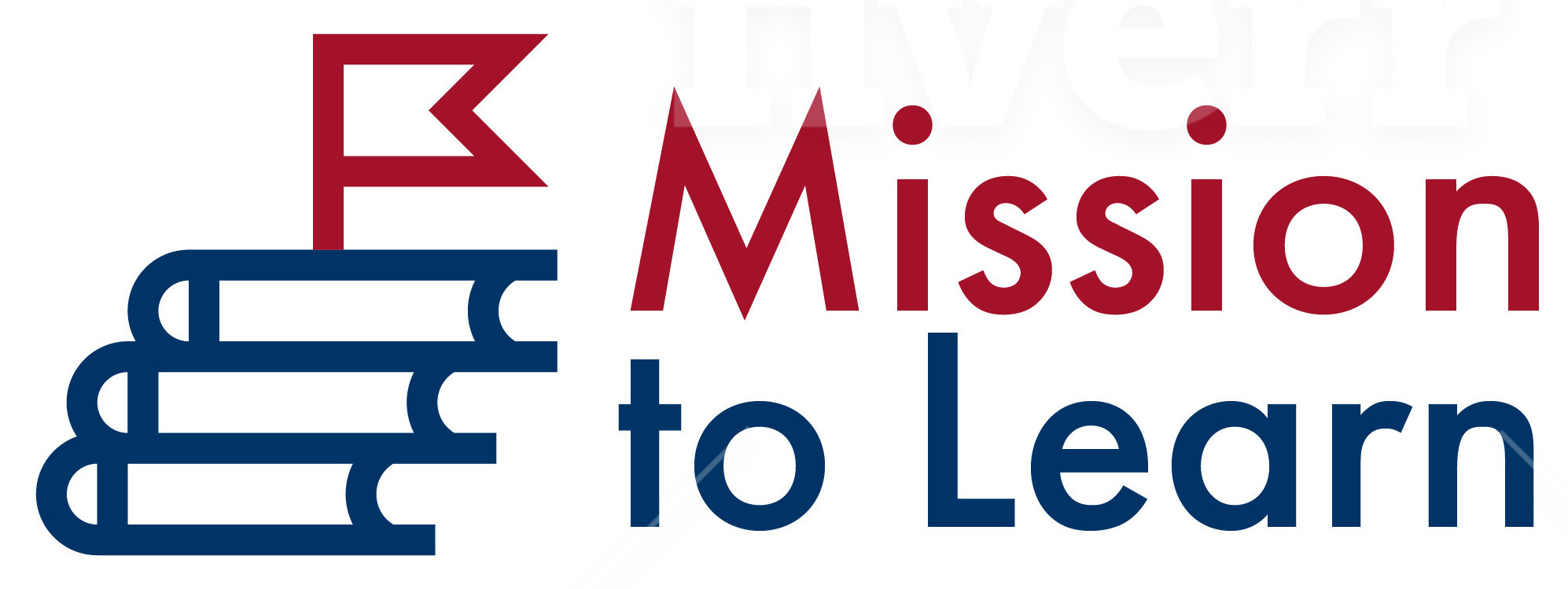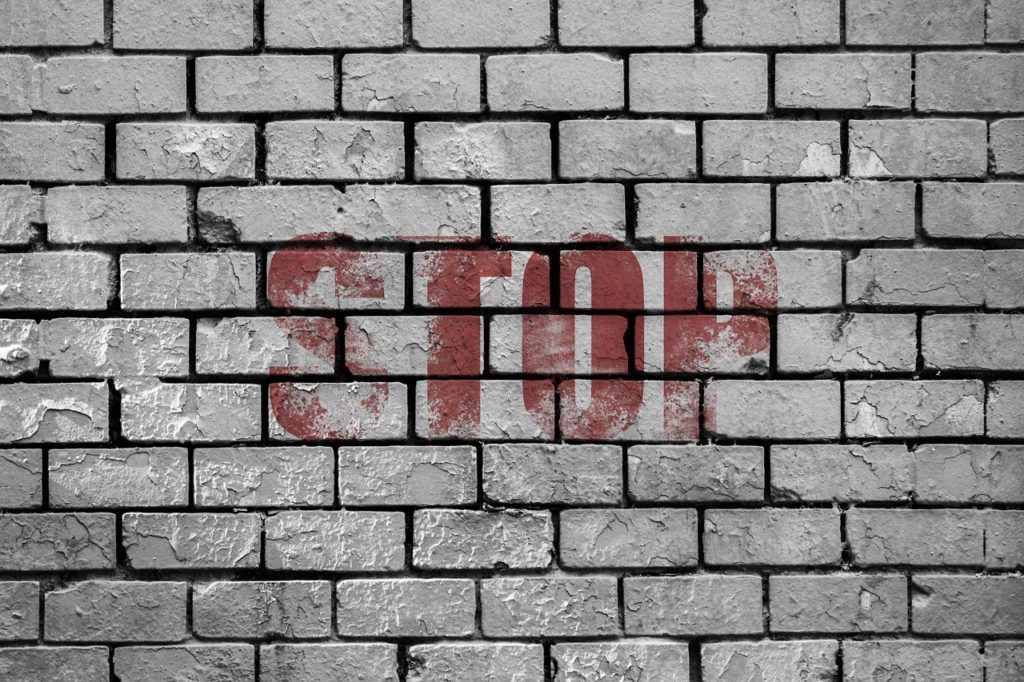Issue 2 – September 1, 2020
Why is it we engage in this whole pursuit of lifelong learning?
For most of us, at least some of the time, it may be “just because.” We’re curious. Learning seems like a natural and valuable thing to do just for its own sake.
Some of us – indeed, I hope most of us – have a higher goal in mind: wisdom. If we’ve already got some of the seeds of wisdom in us, we may realize that we’ll never truly get there. Or, at least, are unlikely to feel we have when we do. But we keep learning and trying.
Finally, I think there is some variation of a single, common goal shared by every committed lifelong learner: to become better. To know more, understand more, be able to do what we can’t currently do. Perhaps to achieve “success,” however we define that for ourselves.
It’s with that last goal in mind that I offer up my latest round of curated content to help you on your mission to learn.
1: The Surprisingly Narrow Path to Success
It’s important to recognize that there are clear criteria for achieving success in most areas of life. Scott H. Young drives that point home with his usual incisiveness in this article. If you want to become a commercially published author, for example, you need to write a compelling proposal before you ever write the book, you need an agent, and you either need to already have an audience or be the right person to write for an audience that clearly buys books. (Scott notes this, but I also know it well from my personal experience in getting Leading the Learning Revolution published.) The good news is that there are any number of paths you can choose to any number of destinations, but once you have chosen your path, you need to identify and stick to the criteria for success.
2: Take Ownership of Your Future Self
Benjamin Hardy maintains that human personality changes dramatically over time. You in the future will be a lot different than you today. Considering that learning drives evolution and growth, that makes sense, but it also has significant consequences for how we approach life and learning – and whether we achieve the success we desire. If, for example, your current view of your own limitations makes it impossible for you to imagine a future that is dependent on overcoming those limitations, it is unlikely you will take the necessary steps to learn and improve. As Hardy puts it, “your behavior in the present is largely shaped by your view of your own future.” We must decide who we want to be, and then take the necessary steps to get there.
3: The Right Way to Be Introspective
I include this Ideas.TED.Com article from Tasha Eurich because I’ve always been an advocate of reflection as a path to learning. That includes a certain amount of self-reflection or introspection, but it turns out that’s not a straightforward path. There are right and wrong ways to go about introspection and which side your efforts fall on pretty much comes down to whether you ask “Why” or “What.” Eurich argues that “Why questions can draw us to our limitations; what questions help us see our potential. Why questions stir up negative emotions; what questions keep us curious. Why questions trap us in our past; what questions help us create a better future.” Understanding the distinctions is critical for achieving self-awareness – which, I would argue, is an important driver of success.
4: Skills To Succeed In The 21st Century
This is a short video that covers three essential skills – all involving the word “learn.” Because it is so short, and gets to the point quickly, I’m not going to summarize or comment other than to say that you may also want to combine it with this Mission to Learn post.
5: Write Your Way to a Better Life
This seems like a great exercise to cap off this e-mail:
Think about your life in the future. Imagine that everything has gone as well as it possibly could. You have worked hard and succeeded at accomplishing all of your life goals. Think of this as the realization of all of your life dreams. Now, write about what you imagined.
While completing this exercise may not guarantee your future success, research cited in this Mission to Learn post suggests that it can have a significant impact on your mindset, your general sense of well being, and even your health. Personally, I’m not all that interested in being miserable on my way to success. Assuming you agree, I recommend reading the article and making this type of exercise a part of your routine going forward.
What’s Your Take?
I hope you find the resources offered here useful. Before we part ways for this edition, I’d like to encourage you to hit reply and share your take on success and how learning contributes to it. I’m always curious to hear different perspectives on this topic, and your thoughts will no doubt help me to make this newsletter as successful as possible over time.
And, if you have questions or I can be of help in any way, just let me know.
Best regards,
Jeff






